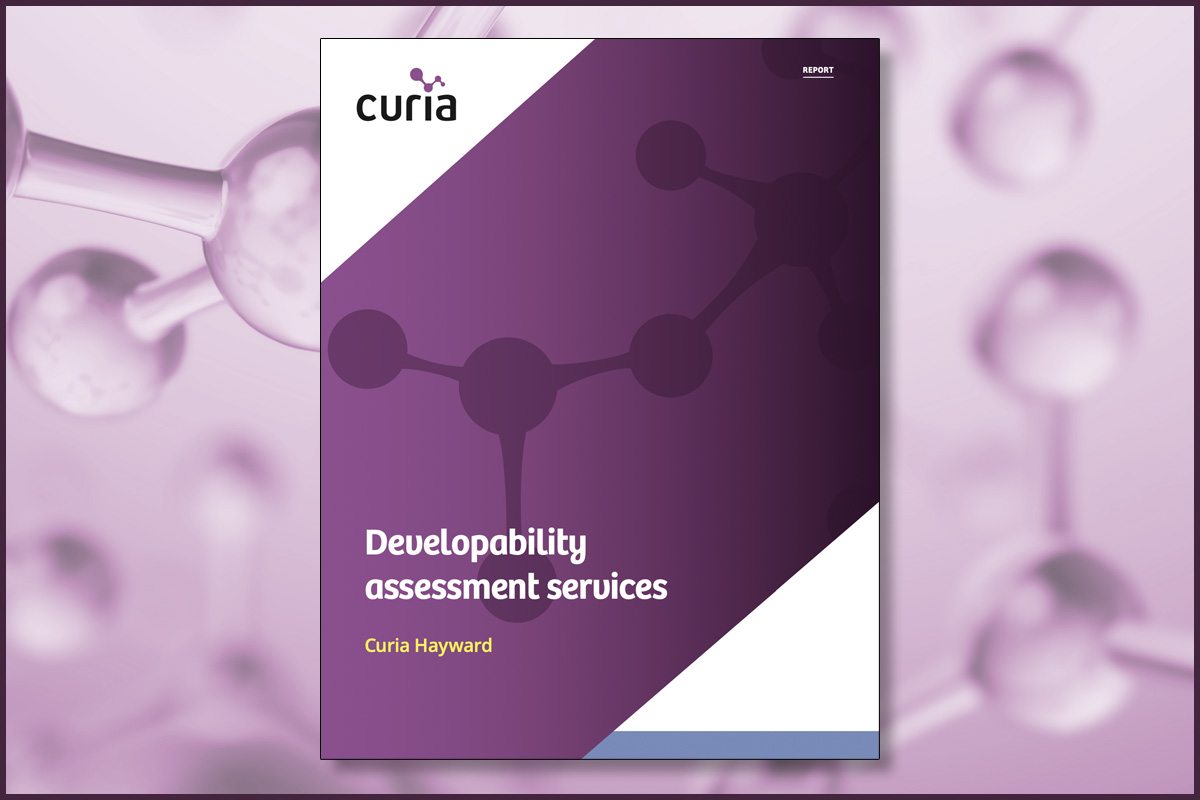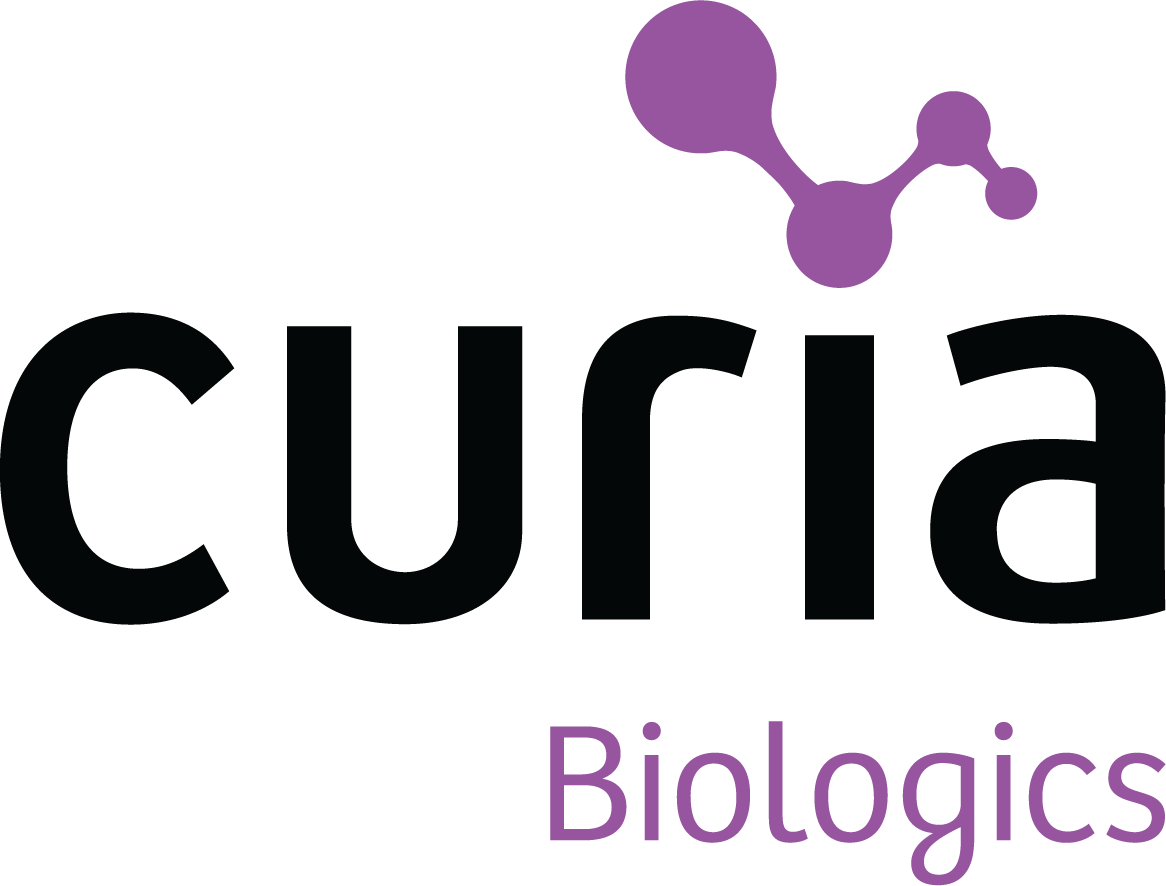Therapeutic Developability Analysis
Evaluating the developability of therapeutic drug candidates early can help circumvent potential issues in late-stage development. These evaluations include the drug candidate’s biophysical and chemical properties assessment. At Curia, in silico predictive tools and a series of fast & small-scale assessments are employed to serve as additional selection criteria for better and safe therapeutic leads.
Curia offers three developability assessment packages:
| Developability Package 1 | Developability Package 2 | Developability Package 3 |
|---|---|---|
| – In silico sequence liability analysis – In silico immunogenicity analysis – Turnaround time: 1 week | – Polyspecificity assessment – Integrity and stability assessment – Turnaround time: 2-3 weeks | – Buffer exchange – Forced degradation – Integrity and stability assessment – Additional stress conditions |
Key Highlights
In silico Analysis: Application of Bioinformatic Tools
- Heavy and light chain variable region liability analysis
- VH and VL analysis with identification of core residues with potential affinity to MHC class II
Rapid Integrity Assessments and Formulation Studies for Drug Candidates
- Polyspecificity and integrity assessment can be completed in 2-3 weeks
- Formulation studies can be completed in 5 – 6 weeks, including the standard 2 weeks of incubation for accelerated stress conditions
Robust Bioanalytical Assays and Formulation Studies with Minimal Materials Required
- The standard panel includes common formulations used for commercial antibodies
- Various bioanalytical assays and characterization tools are provided
- A small amount of materials are needed for the bioanalytical assays and formulation studies.


